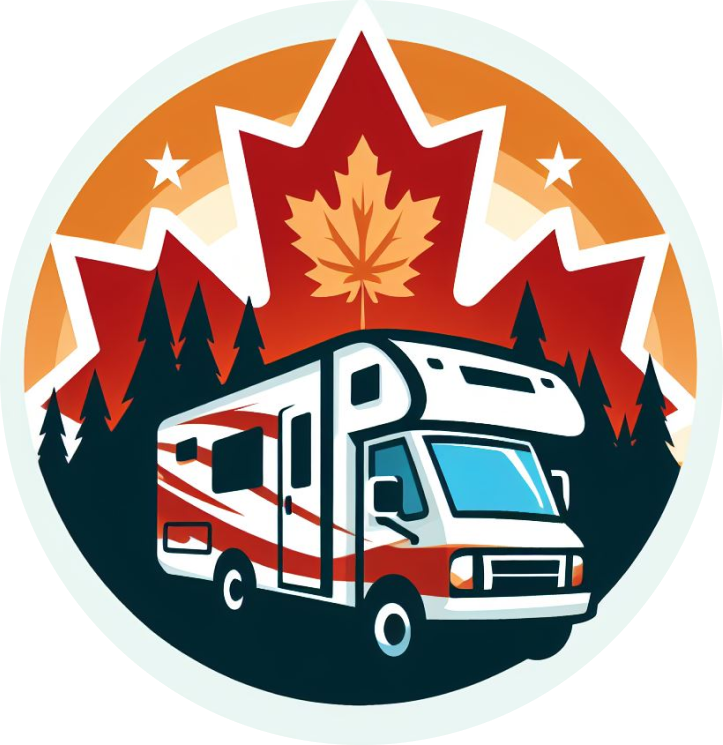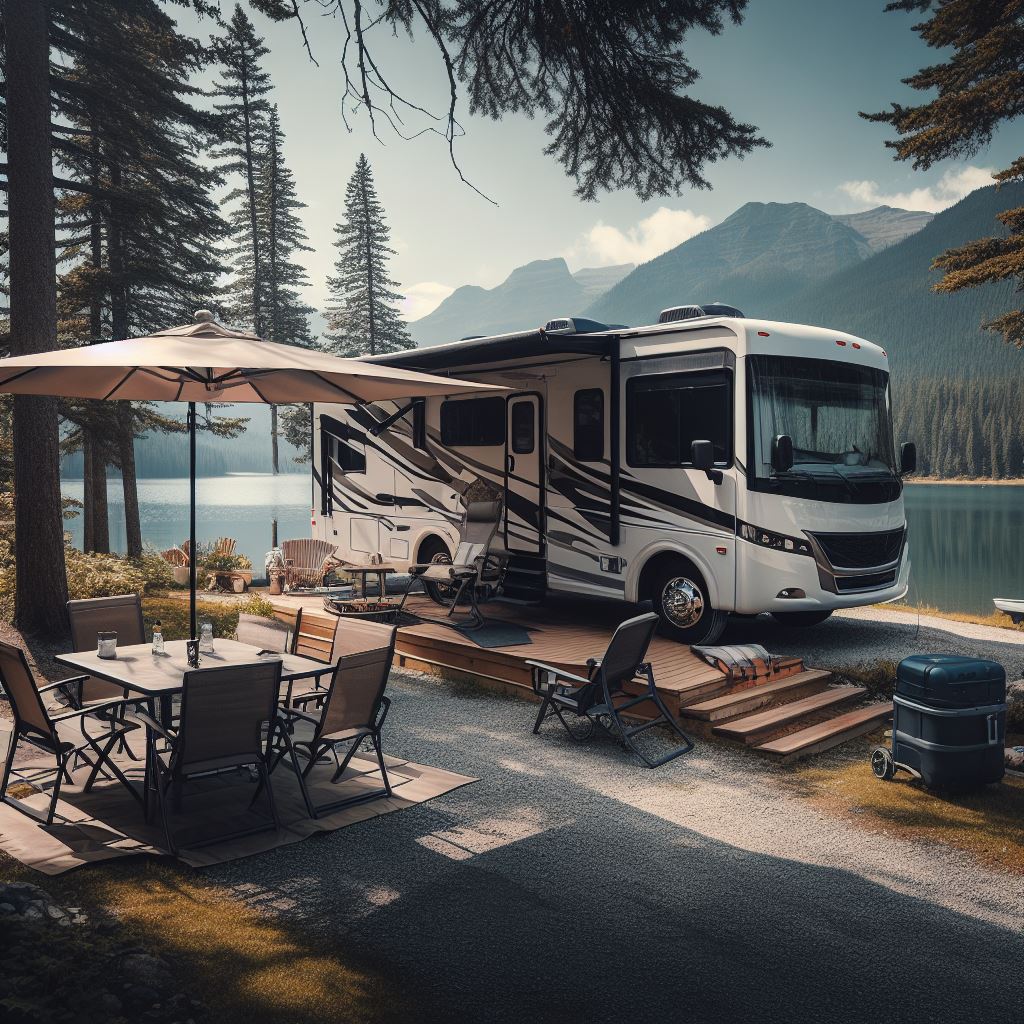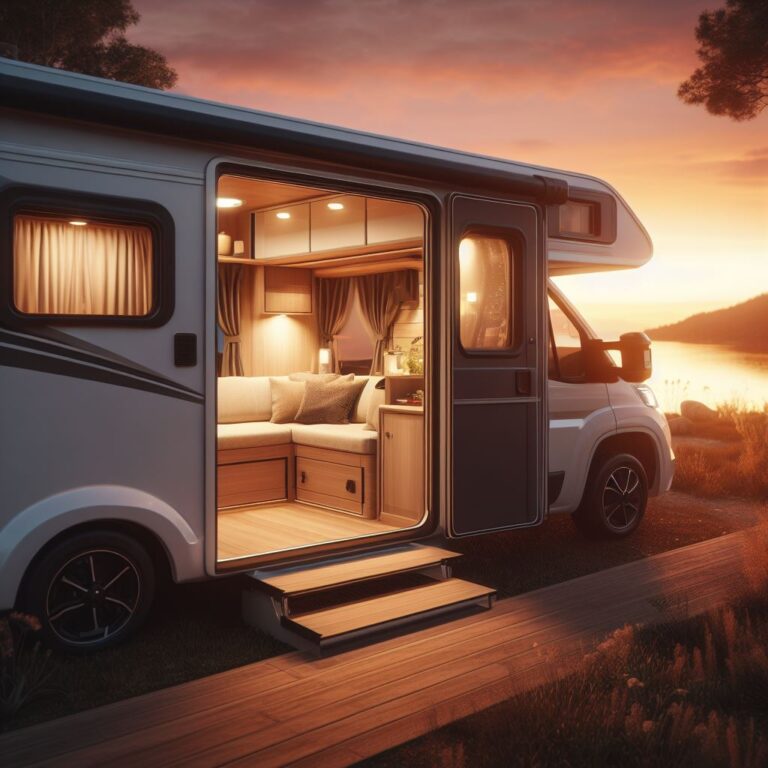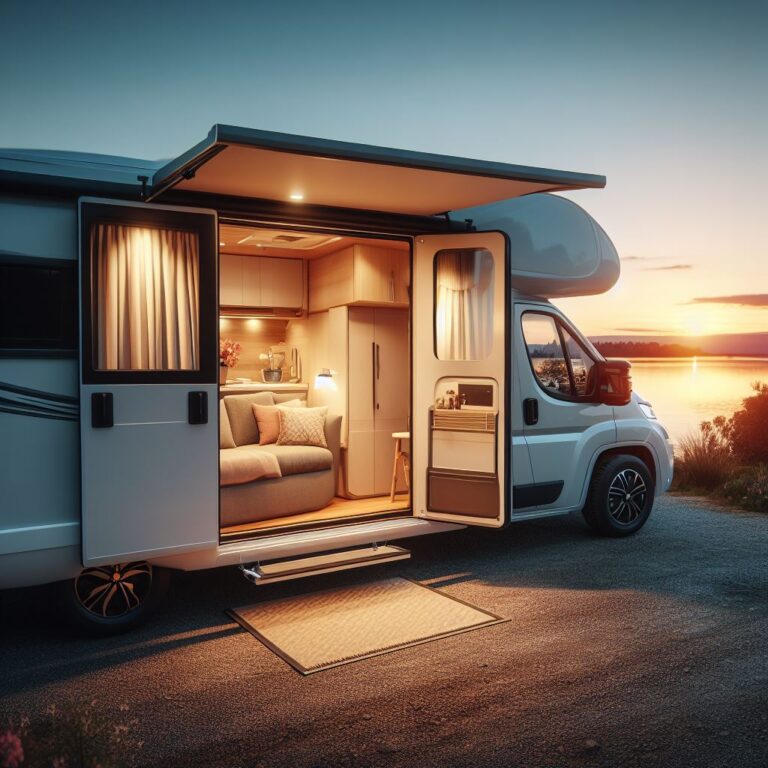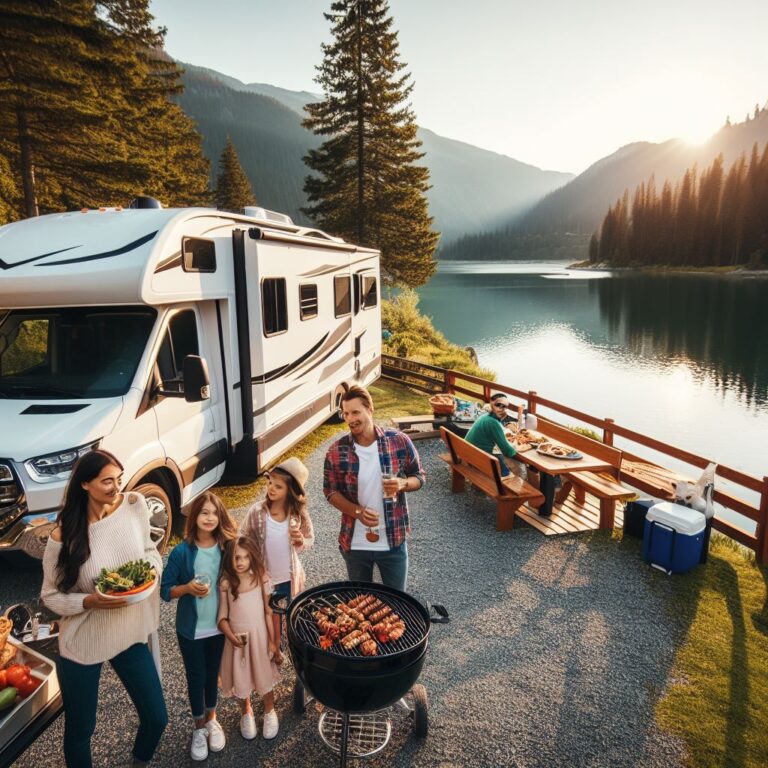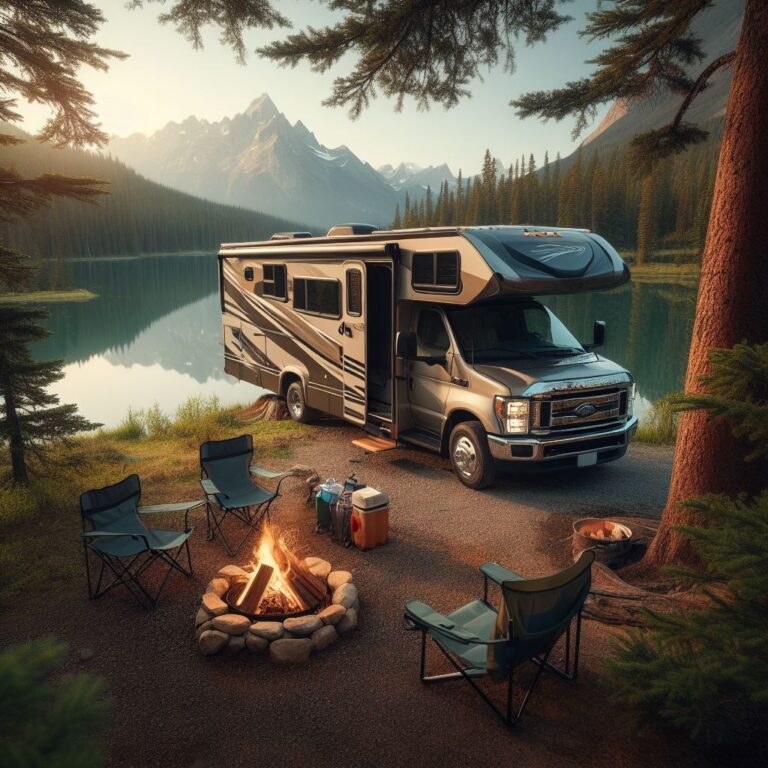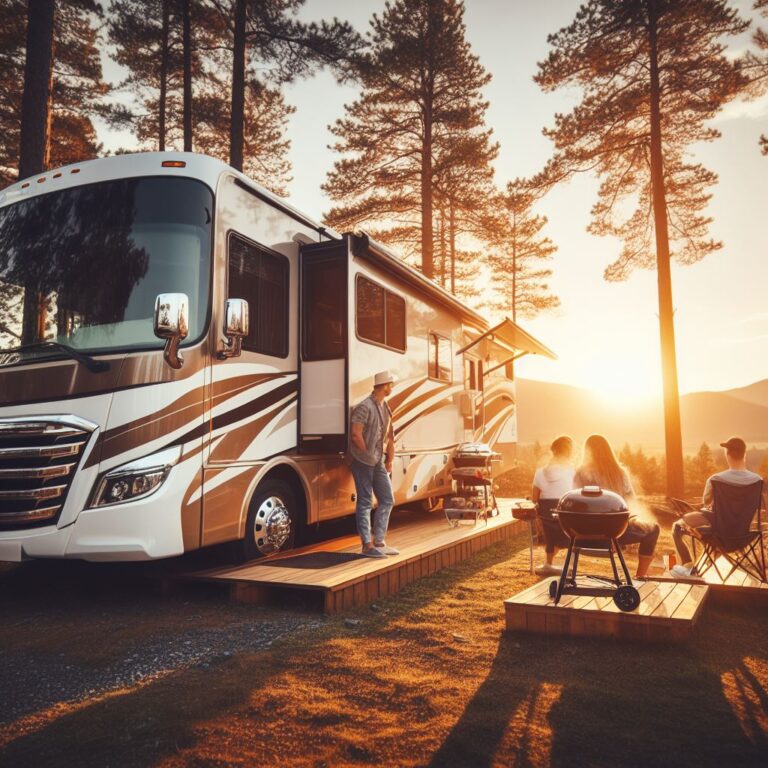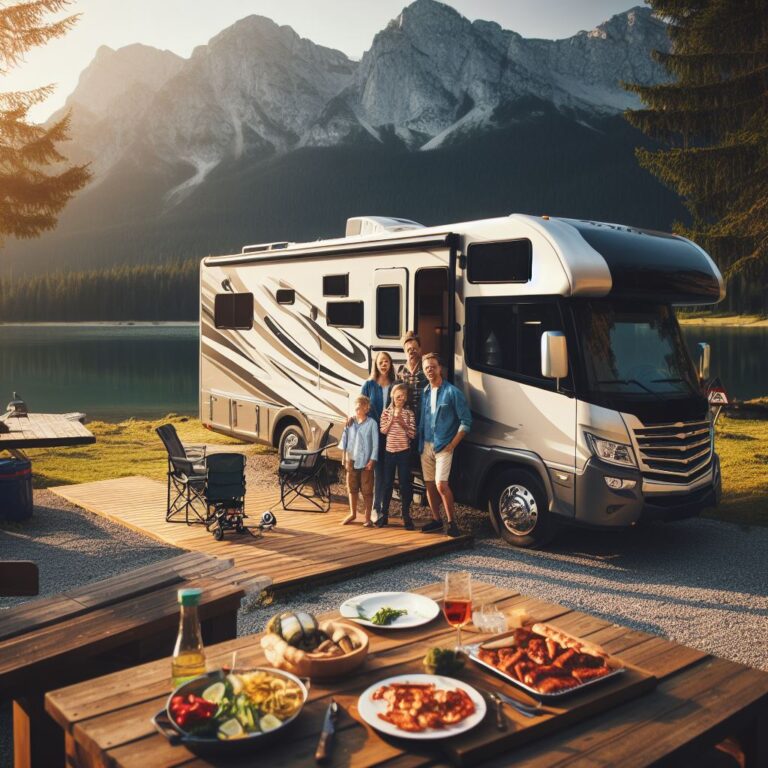Sherwood RV Centre Saskatoon SK
Sherwood RV Centre
Sherwood RV Centre 540 Brand Rd. Saskatoon SK S7J 5J3 (306) 667-6249 http://www.sherwoodrvsales.com/
RV Buying Guide
When it comes to buying an RV, there are a few important factors to consider. First and foremost, you’ll need to determine what type of RV is best suited for your needs. There are various options available, including motorhomes, travel trailers, fifth wheels, and pop-up campers. Each type has its own advantages and disadvantages, so it’s essential to think about how you plan to use your RV and what features are most important to you.
Another crucial aspect to consider is your budget. RVs can vary greatly in price, so it’s crucial to establish a budget range before you start looking. Keep in mind that the cost of an RV doesn’t stop at the purchase price; you’ll also need to factor in ongoing maintenance, insurance, fuel, and camping fees. It’s essential to have a realistic understanding of the overall cost of RV ownership before making a decision.
Types of RVs
Recreational vehicles, or RVs, come in various shapes and sizes to meet the diverse needs and preferences of travelers. One popular type is the Class A motorhome, which resembles a bus and offers ample living space and luxury features. These RVs are often equipped with full kitchens, multiple bedrooms, and premium amenities, making them suitable for long-term trips or full-time living. Another option is the Class C motorhome, which is built on a truck or van chassis. These vehicles are smaller than Class A motorhomes but still provide comfortable amenities and sleeping arrangements. Class C motorhomes are ideal for small families or couples looking for a balance between size and convenience.
For those seeking a more compact and maneuverable option, travel trailers are an excellent choice. These towable RVs range in size from small teardrop trailers to larger models with slide-outs and multiple rooms. Travel trailers offer the advantage of being detached from the towing vehicle, allowing travelers to park their RV and use the vehicle for exploration or errands. Another type of towable RV is the fifth wheel, which requires a dedicated hitch installed in the bed of a pickup truck. Fifth wheels are known for their spacious interiors and are popular among RV enthusiasts who prioritize comfort and luxury on their adventures.
A less common but equally intriguing type of RV is the toy hauler. These versatile vehicles combine living space with a garage area, specifically designed to haul and store recreational vehicles such as motorcycles, ATVs, or jet skis. Toy haulers offer the convenience of bringing all the necessary toys and gear on the road while providing comfortable accommodations for travelers. Finally, truck campers are a popular choice for those who already own a pickup truck and want a portable camping experience. These campers are loaded onto the truck bed and provide a cozy living space, complete with sleeping areas, kitchen facilities, and small bathrooms.
Understanding the various types of RVs available is crucial when considering a purchase. Each type offers unique benefits and features, catering to different travel styles and preferences. Whether you prefer a spacious motorhome, a towable trailer, or a versatile toy hauler, there is an RV type out there to suit your needs and make your travel adventures a memorable experience.
Factors to Consider Before Buying an RV
When considering buying an RV, there are several important factors to take into account. First and foremost, it’s crucial to determine your specific needs and preferences. Ask yourself questions like how many people will be using the RV, what kind of activities you plan to do, and how often you anticipate using it. This will help you narrow down the type and size of RV that would best suit your lifestyle. Additionally, it’s important to consider your budget. RVs come in a wide range of prices, so determining your maximum spending limit will help you focus your search and avoid getting in over your head financially.
Another factor to consider is the overall condition of the RV you’re interested in purchasing. Take the time to thoroughly inspect both the interior and exterior of the vehicle, checking for any signs of damage or wear and tear. Pay attention to the functionality of the appliances, plumbing, and electrical systems, as well as the condition of the tires and brakes. Furthermore, it’s crucial to consider the maintenance and repair costs associated with owning an RV. These expenses can add up over time, so it’s important to factor them into your budget. By carefully considering your needs, budget, and the condition of the RV, you’ll be better equipped to make an informed decision when purchasing your new home on wheels.
Budgeting for an RV Purchase
One of the most important factors to consider when purchasing an RV is setting a realistic budget. RVs come in a wide range of prices, from affordable entry-level models to high-end luxury options. It’s crucial to determine how much you can comfortably spend on an RV, taking into account not only the initial purchase price but also ongoing costs such as insurance, maintenance, and campground fees. By establishing a budget upfront, you can narrow down your options and make a more informed decision when it comes to choosing the right RV for your needs.
In addition to the purchase price, it’s also important to factor in any additional expenses that may be associated with owning an RV. These can include outfitting your RV with the necessary accessories and equipment, such as camping gear, kitchen supplies, and bedding. You may also want to consider any upgrades or modifications you might want to make to your RV, such as adding solar panels or installing a towing hitch. By considering these additional expenses as part of your budgeting process, you can ensure that you are fully prepared for the financial responsibilities that come with owning an RV.
Understanding RV Financing Options
When it comes to financing your RV purchase, there are several options available to consider. One common option is to secure a loan from a financial institution such as a bank or credit union. These lenders may offer competitive interest rates and flexible repayment terms to make your RV ownership dreams a reality. Additionally, some RV dealerships also offer financing options directly, allowing you to complete the buying process in one convenient location. It is important to carefully review the terms and conditions of any financing option to ensure it aligns with your budget and financial goals.
Another consideration is whether to opt for a new or used RV. New RVs typically come with higher price tags, but they may also offer more financing options, such as extended loan terms or lower interest rates. On the other hand, used RVs are often more affordable upfront, allowing you to finance a smaller amount. However, it’s crucial to keep in mind that interest rates for used RV loans may be slightly higher, and loan terms may be shorter. It’s essential to weigh the advantages and disadvantages of both new and used options before making a final decision on how to finance your RV purchase.
Tips for Negotiating the Best RV Price
When it comes to negotiating the best price for an RV, there are a few tips you can keep in mind to maximize your chances of success. First, do your research and gather information on the average prices of the specific RV model you are interested in. This will give you a good idea of what a fair price range should be and help you negotiate more effectively.
Next, be prepared to walk away if the price is not right. Remember that there are many RVs available on the market, and if the seller is not willing to negotiate a fair price, you can always explore other options. Additionally, consider purchasing during the off-season or towards the end of the model year when dealers may be more motivated to make a deal.
By following these tips and approaching the negotiation process confidently, you can increase your chances of securing the best price for your RV purchase. Remember to be patient and persistent throughout the process, as finding the right deal may require some time and effort.
Essential RV Features to Look for
When it comes to choosing the right RV, there are certain features that you should consider to enhance your overall camping experience. One crucial feature to look for is ample storage space. Having sufficient storage compartments inside and outside the RV can make a significant difference in organizing your belongings and keeping your living space clutter-free. Look for RV models that have plenty of cabinets, closets, and under-bed storage options to ensure that you have enough room to store all your camping essentials.
Another essential feature to consider is a comfortable sleeping area. After a long day of exploring and adventuring, a good night’s sleep is essential to recharge for the next day’s activities. When choosing an RV, pay attention to the quality and comfort of the mattresses and consider the sleeping capacity as well. If you often travel with family or friends, opt for an RV that offers additional sleeping spaces such as bunk beds or convertible sofas. Additionally, make sure to check the layout and size of the sleeping area to ensure that it suits your needs and preferences.
Choosing the Right RV Dealer
When it comes to purchasing an RV, choosing the right RV dealer is a crucial step in the process. A reputable and reliable dealer can make all the difference in ensuring a smooth and successful transaction. First and foremost, it is important to research the reputation of the dealer you are considering. Look for reviews and feedback from previous customers, as well as any accolades or certifications the dealer may have. A dealer with a positive track record is more likely to provide excellent customer service and support throughout the buying process and beyond. Additionally, consider the dealer’s inventory. A good dealer should have a wide selection of RVs to choose from, allowing you to find the perfect fit for your needs and preferences.
Preparing for Your RV Camping Adventures
One of the key aspects of enjoying your RV camping adventures is proper preparation. Before hitting the road, it is essential to plan and pack accordingly. Start by creating a checklist of all the necessary items you will need, including camping gear, cooking supplies, clothing, and personal items. Make sure to check the weather forecast for your camping destination and pack accordingly, including appropriate clothing and gear for different weather conditions. Additionally, consider any activities or excursions you plan to engage in during your trip, and pack the necessary equipment or gear for those activities. By being well-prepared and organized, you can ensure a smooth and enjoyable RV camping experience.
Once you have all your belongings packed, it’s important to familiarize yourself with your RV and its various systems. Take the time to understand how to operate the electrical, plumbing, and heating/cooling systems in your RV. Familiarize yourself with the various controls and switches, and know where the main valves and switches are located. Make sure to carry a toolkit with essential tools, spare parts, and repair items in case you run into any issues while on the road. Additionally, it’s a good idea to have a basic understanding of how to fix common problems that may arise, such as changing a flat tire or jump-starting the RV battery. Being knowledgeable about your RV and having the necessary tools will help you handle any unexpected situations and ensure a worry-free camping adventure.
Maintaining and Servicing Your RV
When it comes to owning an RV, proper maintenance and servicing are essential to ensuring its longevity and optimal performance. Regular care and attention will not only help you avoid costly repairs down the road but also help preserve the value of your investment. Here are some key areas to focus on when it comes to maintaining and servicing your RV.
Firstly, a regular inspection of the exterior of your RV is crucial. Check for any signs of damage, such as cracks in the roof or body, loose or damaged seals, or any other visible issues. Addressing these problems promptly can prevent water leaks and potential structural damage. Additionally, make sure to clean your RV regularly, paying attention to the roof and awnings, as they can accumulate dirt and debris over time. Next, don’t forget about the essential maintenance tasks, such as checking and replacing filters, lubricating moving parts, and inspecting the brakes and tires. These routine tasks will not only keep your RV running smoothly but also promote safety on the road.
- How To Choose TIPHOPE RV Accessories - February 10, 2024
- How To Choose Joinfworld RV Accessories - February 10, 2024
- How To Choose Conntek RV Accessories - February 9, 2024
